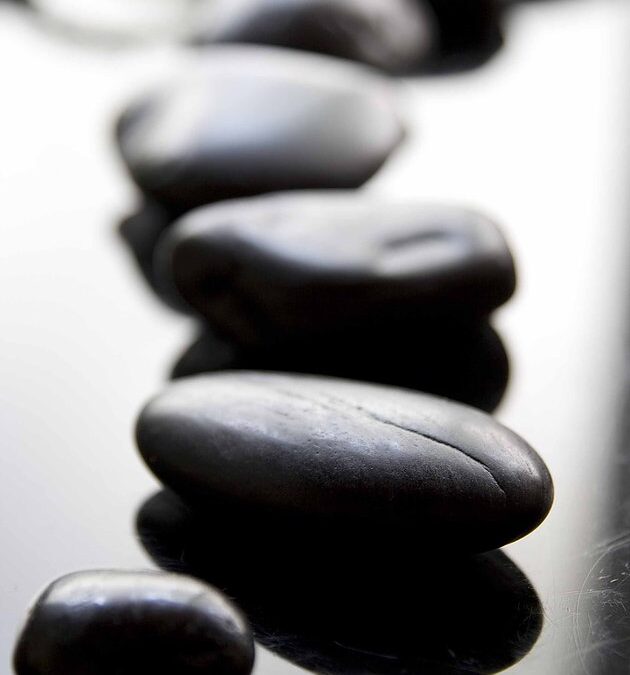
by Marta | 1 Sep, 2017 | General, Psych
By now, we’ve all read about the benefits of gratitude in terms of positive mental health and even improvements to physical health. There is plenty written about how gratitude is good for you and there is a booming market in gratitude journals, apps and playlists. (Just in case you’ve been living under a rock for the past decade have a look here, here, here and here for a starting point on the benefits of gratitude!)
I was very pleased to heard some nice words from two patients in the last month within days of one another – one wanted to touch base and ask my opinion on an activity she was interested in trying, the other had turned his world view around significantly in recent months.
Both said ‘thank you for being my stepping stone’.
Those. Exact. Words.
I found this to be both a tremendous honour, incredibly humbling and, at the same time, powerfully uplifting. Here were two people who came to me for vastly different issues (although both were physical rather than psychological worries), but who came away feeling so much more empowered to change their lives for the better. They were always capable of doing so, but just needed that first step in the right direction to be guided by someone else.
It’s a very humbling experience to be the person who can hold someone’s hand as they take that step in the right direction which leads them to change their entire lifestyle or world view and to watch them bloom into their new self – happier, healthier and better able to continue to grow.
I think I’ll keep being a stepping stone for a little while longer 😉
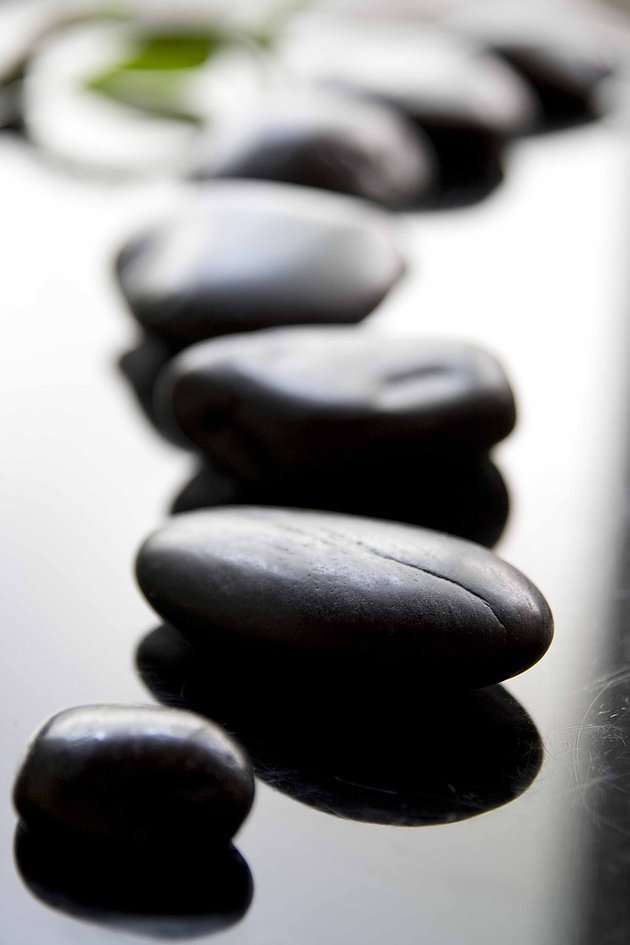
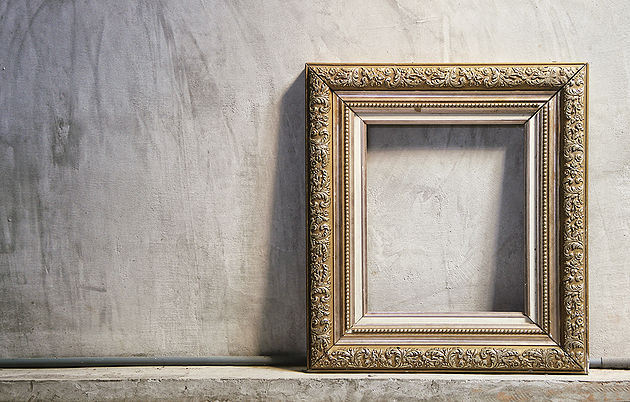
by Marta | 1 Aug, 2017 | Medical, Psych
I am seeing a patient this month for unexplained weakness and perceived weight loss. In the course of six months, he lost his mother and best friend (both overseas), cut his alcohol intake and started an almost vegetarian diet and very small portion sizes.
He’s not stressed, he tells me – he’s just a little sad. I can see right away that he is more than just a little sad. He looks exhausted and drained and burdened. As we talk, he reveals that he is sleeping fine – a few hours a night. That his appetite is fine – for one or two small meals per day. That his mood is fine – except that he last felt happy months ago. That his energy levels were fine – except he was so tired. He eventually concedes that maybe things are not all that fine after all.
I ask him about whether he’d considered grief counselling and he laughed and said he ‘doesn’t believe in that stuff’! On the other hand, he did listen carefully to how much ‘that stuff’ can affect him not only physically in the here and now, but also when looking back at his life and reliving many of the moments triggered by the passing of two people so close to him. He carries the memories and emotions of these experiences as heavy weights which have only seemed heavier in the last few months. Is it truly any wonder he was feeling weaker?
I had set him a difficult task this month – to actively pay tribute and explore those memories, and to reframe them. Some of the guilt, anger and sadness he has been carrying for decades will lift as he is able to see the events and the people involved from a different angle. He cannot change the events, but he can change how he feels about them. By changing his feelings surrounding these events, he is able to change his thoughts. What’s more, by practicing this skill, he will be better able to assess future experiences and reframe them at the time, rather than (at times) years later after they have had time to become an almost permanent fixture in his psyche.
At the end of the month, he has filled pages in his journal with moments from the last 40 years that he can look back on now with a completely different vision. It was not easy, but it was essential. He will be able to carry those memories far more easily.
What appeared to be on the surface a simple case of nutritional inadequacy had a far deeper component. I often mention that the mind and body are so closely linked that changing something small in one can have tremendous effects on the other – why not guide those effects in the best direction possible?

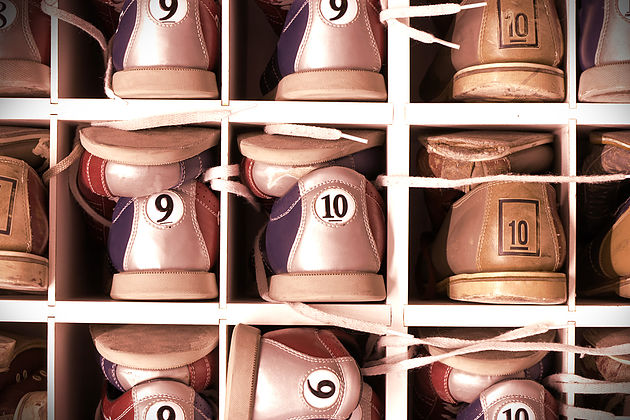
by Marta | 1 Jun, 2017 | General, Psych
The last year has been one of tremendous growth, change and defining who I am as a person, mother, wife, daughter, friend and practitioner. I’ve had the opportunity to try many new things and work out where I fit in grand schemes. Most importantly – I’ve had the opportunity to work out where I DON’T fit!
The example that jumps straight to mind is that of a group practice that I joined. I was full of enthusiasm and energy about working in a great space with wonderful people. On the surface, it seemed like this was where I was supposed to be! Unfortunately, as time went on it became obvious to me that it wasn’t the right fit. It was just little things at first, but it was more and more clear that what I considered crucial to effective therapy was not the same as what management considered important. I was faced with a tough decision – change the way I worked to fit the mould of the group practice, try to continue to work in my own way and never mind how others worked, or accept that sometimes it’s just not going to happen and there are surely other places that will fit better.
In the end, I chose the last option – I couldn’t see myself changing my practice style when this is what I was good at and what achieved good results. I know that in the past, I would likely have tried to change myself in a desperate attempt to fit in with my surroundings, but not anymore. Now I look for surroundings that fit me – not the other way around. It’s not always going to be perfect, but much like finding the right pair of shoes, there’s no point hurting yourself if it’s just the wrong fit.
As it turned out, while that practice was not the right fit for me, it did give me the opportunity to meet some fantastic people and opened doors that I would otherwise have not even known existed. As such, there is value in a ‘wrong fit’, as long as you can see where you are and where you need to go.
Going through those periods of ‘wrong fit’ is unpleasant at the time, but they are absolutely invaluable when it comes to learning about yourself. Reframing negative experiences to move from being angry or upset about what’s happened to being able to see the lessons therein can be difficult, but it is certainly worthwhile. I’ll write about reframing next month, but this month let’s just look at where we are and whether you’re giving yourself blisters by staying in a situation that definitely is a poor fit for you!

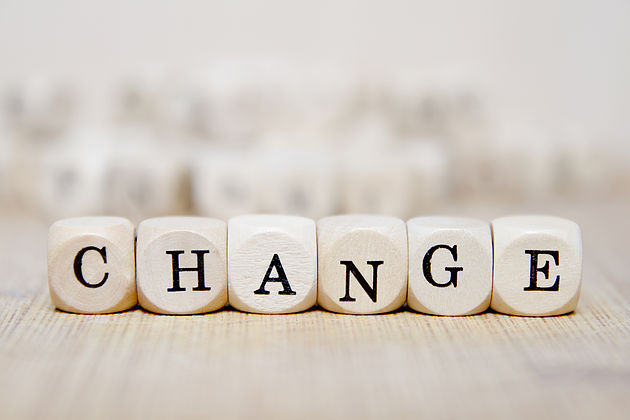
by Marta | 1 May, 2017 | General, Psych
I made a big move this month – literally! For the last two years I’ve been building my practice in Logan in a *ahem* cosy room with a variety of other individuals. I enjoyed working with the other people there and I liked the routine I had, however we were all in the same boat. We weren’t getting very far, but we were comfortable in our ruts and routines – they were familiar and felt safe.
There was no risk.
There was no uncertainty.
And there was no growth.
There comes a point for every person when they need to evaluate their current situation and think about whether it is the best place for them. This can be in relation to their physical location, their career path, their relationships or even their own personality. Making that kind of evaluation, however, takes a certain brutal honesty. You really need to look at the reality of your situation and think about whether this is the best you can be, or whether you are just cruising along comfortably without any real change. This point may come after a traumatic event or after a period of calm – there is no right or wrong time, however it is important that it comes.
True growth can only happen with change, but as we all know – change is hard. Change is scary. Change is risky. Change is uncertain. Change is necessary. Look at how babies change with every passing week and grow into delightful little children, then challenging adolescents, then wonderful adults. Babies don’t worry about the changes in their lives – they simply accept them, learn as they go and grow into their next stage. As we get older, we become more set in our ways and change becomes harder, but perhaps if we looked at change simply as a way to move onto the next stage it would be less stressful. There is still uncertainty and risk, but the stress that comes with it could be mitigated.
Right up until I moved all my furniture into my room (and even bought two plush red armchairs!), I was uncertain that I was doing the right thing. My room is huge, but I’m alone. Was I making a terrible mistake? Should I have just stayed where I was, comfortable in my tiny room with barely enough room for two adults?
I am comforted by the thought that change leads to growth and growth leads to change – I am embracing the uncertainty and grabbing the opportunity to launch into my next stage with both hands…. …and a fast beating heart!

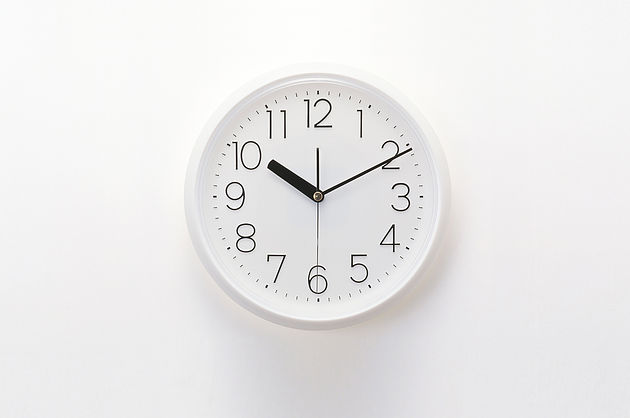
by Marta | 1 Mar, 2017 | General, Psych
“Hi, how are you?”
“Great! I’ve been so busy! You?”
“Oh yeah, I’ve been so busy, but I’ve been good. So tired, though…”
“Yeah, I get that. I need a holiday, but it’s just too busy at work and everyone needs a piece of me…”
How many conversations have you had like this? How many times have you equated being busy with being successful? How many times have you sat down to take a breath, then quietly castigated yourself for wasting time, doing nothing or being unproductive?
I recently had a conversation about productivity, taking time to do nothing, the very finite number of hours in a day and how we live in a society that rewards us for simply spending time at work rather than necessarily being productive at work. We are praised for ‘putting in the hours’, but not necessarily recognised for the actual output of those hours. More than that, as a society we look down on time spent doing nothing or time spent on the self and call it wasted. This couldn’t be further from the truth in my mind – time spent on the self is incredibly important.
I find myself repeating to people that self care is not a luxury – it’s a necessity. This means that time spent on the self if certainly not wasted – it’s essential for all aspects of health. Physical, mental and spiritual health all rely of having time available for rest and personal development. When that time is restricted, when we are encouraged to spend close to half our day at work, the opportunity for personal growth, proper rest and true health are severely restricted as well.
I’d love to see a time when a better work-life balance is truly attainable for the majority of people, when time spent on the self is seen as valuable and necessary. I think that will be a time when mental and physical health improves for all.








Recent Comments